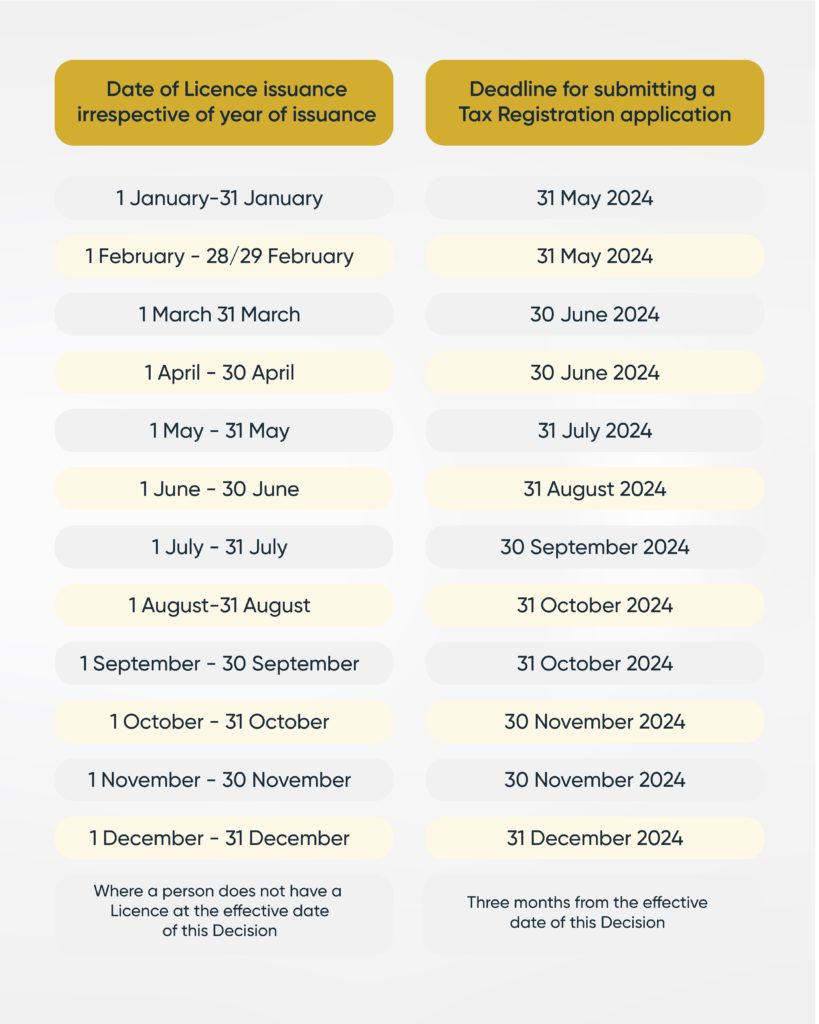Abu Dhabi’s transformation into a global economic powerhouse is nothing short of extraordinary. Reflecting this success, Abu Dhabi Global Market (ADGM) has emerged as an epitome of growth and progress in the financial world. In just eight years, ADGM has become one of the world’s largest financial districts and the fastest-growing international financial center in the region, securing its place as a Falcon economy. The journey of ADGM is a testament to the power of vision and unwavering commitment. It underscores the remarkable results that come from consistent effort, persistence, and alignment with economic goals. As ADGM declared 2023 as a “year of success” for the international financial center of the UAE, the role of tech startups in building ADGM’s ecosystem cannot be overstated.
Hub71: The launchpad of tech startups in ADGM
Hub71, a vibrant tech ecosystem based in ADGM, offers global startups access to capital, market opportunities, longer-term visas, and a highly skilled talent pool. ADGM provides competitive tech startup licenses that enable entrepreneurs to grow and scale their businesses within an award-winning regulatory framework. Abu Dhabi’s strategic advantages make it an ideal launchpad for tech startups. With a multi-billion Dirham commitment to programs like Ghadan 21, the government is actively supporting innovation, committing AED 1 billion to help startups and entrepreneurs build a technology-enabled future.
Here’s why tech startups should consider ADGM as their hub:
- Cost-Effectiveness: ADGM’s Tech Startup License is incentivized for up to three years, providing a favorable environment for startups to establish themselves.
- Visa Benefits: Entrepreneurs can avail 3-year and 5-year visas, facilitating their stay and operations in Abu Dhabi.
- Sector Agnosticism: The ADGM Tech Startup License is open to startups across all sectors, fostering diversity and innovation.
- Access to Ecosystem: Through Hub71 and ADGM’s innovation cluster, startups benefit from a strong network of government entities, corporates, funders, and industry partners.
- Access to Investors: ADGM hosts a growing community of venture capital firms, banks, financiers, and investors, providing capital for growth.
- Rule of Law: ADGM offers a robust legal framework based on English common law, ensuring transparency, fairness, and enforceability of contracts.
ADGM Tech Startup License
The ADGM Tech Startup License offers an expedited setup process for entrepreneurs in the UAE, with two distinct stages: Seed and Emergent. Notably, this license is for innovative tech startups, excluding technology service providers.
Eligible applicants include local, regional, and international startups with innovative tech business models that leverage technology to solve customer challenges and address specific market needs. These startups should demonstrate potential for regional or global scalability and support sustainable economic development.
Benefits of the Tech Startup Commercial License in ADGM are comprehensive, including:
- An operational commercial license irrespective of sector.
- Competitive annual license fees, with USD 1,000 for the seed stage (up to two years) and USD 4,300 for the emergent stage (up to three years) within the first five years of operation in ADGM
- Provision of three visas for every desk space.
- Eligibility to apply for dual license recognition with the Abu Dhabi Department of Economic Development, subject to meeting criteria.
- Access to potential funding and equity-free subsidies through the Hub71 Incentive Program.
- Potential access to the Hub71 community, including accelerator programs like Plug & Play.
- Access to a network of local and international entrepreneurial mentors and experts.
- The assurance of an independent jurisdiction under an internationally recognized English common law framework.
Furthermore, eligibility for the incentivized license is determined upon application, with a fixed duration. For instance, approval for the seed stage incentivized license grants two years in the seed stage, automatically transitioning into the emergent stage in the third year of operations, irrespective of full-time employee count.
Applying for a tech startup license in ADGM is seamless. Here is how to do that:
Application Process for Obtaining a Tech Startup License in ADGM
Submission: To obtain the ADGM Tech Startup License, startups can apply online. Along with the application, a business plan, office space lease, initial annual license fee, as well as other necessary documentation mentioned by ADGM is required.
Review: ADGM will assess the application and notify applicants via email if additional information is needed.
Approval: Upon completion of the evaluation, applicants will receive an email informing them of the status of their application.
Incorporation and License Issuance: Once approved, the registration and incorporation process are handled by the ADGM Registrar and the license is issued. Applicants will receive email confirmation of the license issuance and can proceed with their operations.
Why MS in ADGM?
With extensive knowledge of local regulations and established connections within ADGM, we can guide you. Through personalized advisory services, we guide startups through licensing requirements, fostering collaboration and networking opportunities within Abu Dhabi’s tech industry. This support contributes significantly to the success of ambitious entrepreneurs in the startup community.
Disclaimer:
Registered in Abu Dhabi Global Market (Registered No. 000007218),
We are not an ADGM Registered Corporate Service Provider.









